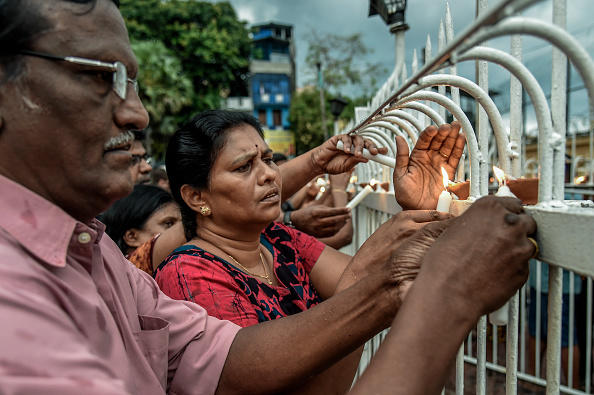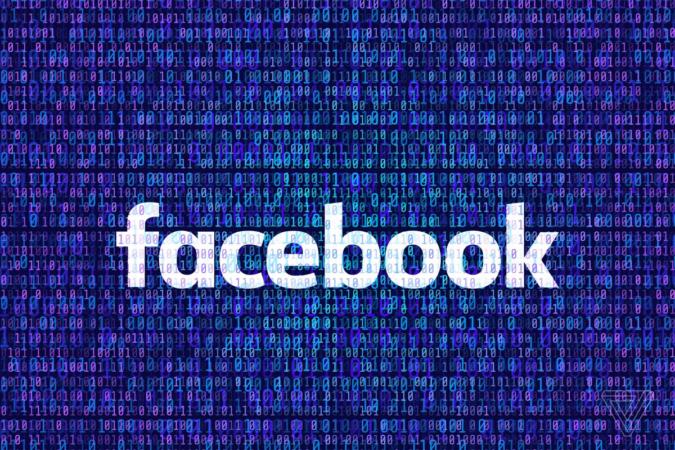Showing 2 results for:
Youtube misinformation
Popular topics
All results

The Sri Lankan government has shut down several social media platforms out of fear that misinformation could spread following the deadly attacks on Easter Sunday that killed 300 people and injured more than 500. Facebook, Whatsapp, Instagram, Youtube, Viber, and Snapchat, were all blocked in the country as of yesterday. This is the second time Sri Lanka has shut down social media in the country. In March of last year, the country banned Facebook, WhatsApp, and Instagram for a week to impede the spread of hateful posts and comments toward Muslims during protests. The move is part of a larger trend of big tech companies not being trusted to distribute reliable information or protect their platforms from being used for harm after a violent event. Weeks ago following the New Zealand mass shooting which was live-streamed on Facebook, conspiracy theories and shared videos filled platforms. New Zealand’s government and social media platforms began taking down the videos. Plus, the...

Facebook announced Thursday in a blog post that it is actively curbing anti-vaccine misinformation on its platform. The company said it will be providing its users with “authoritative” information on vaccines. Facebook said it will now remove ads that have vaccine misinformation and repeated violators’ accounts will be disabled. Groups and pages that promote anti-vaxer talking points will be subject to reduced rankings, and removed from suggested content and searches. The policies will also extend to Instagram. Ads and other content that contain vaccine misinformation will not be suggested on the platform’s discover and hashtag pages. Facebook is using studies and research provided by the World Health Organization and the U.S. Centers for Disease Control and Prevention to identify vaccine hoaxes in order to better keep track of misinformation campaigns. “We also believe in providing people with additional context so they can decide whether to read, share, or engage in conversations...